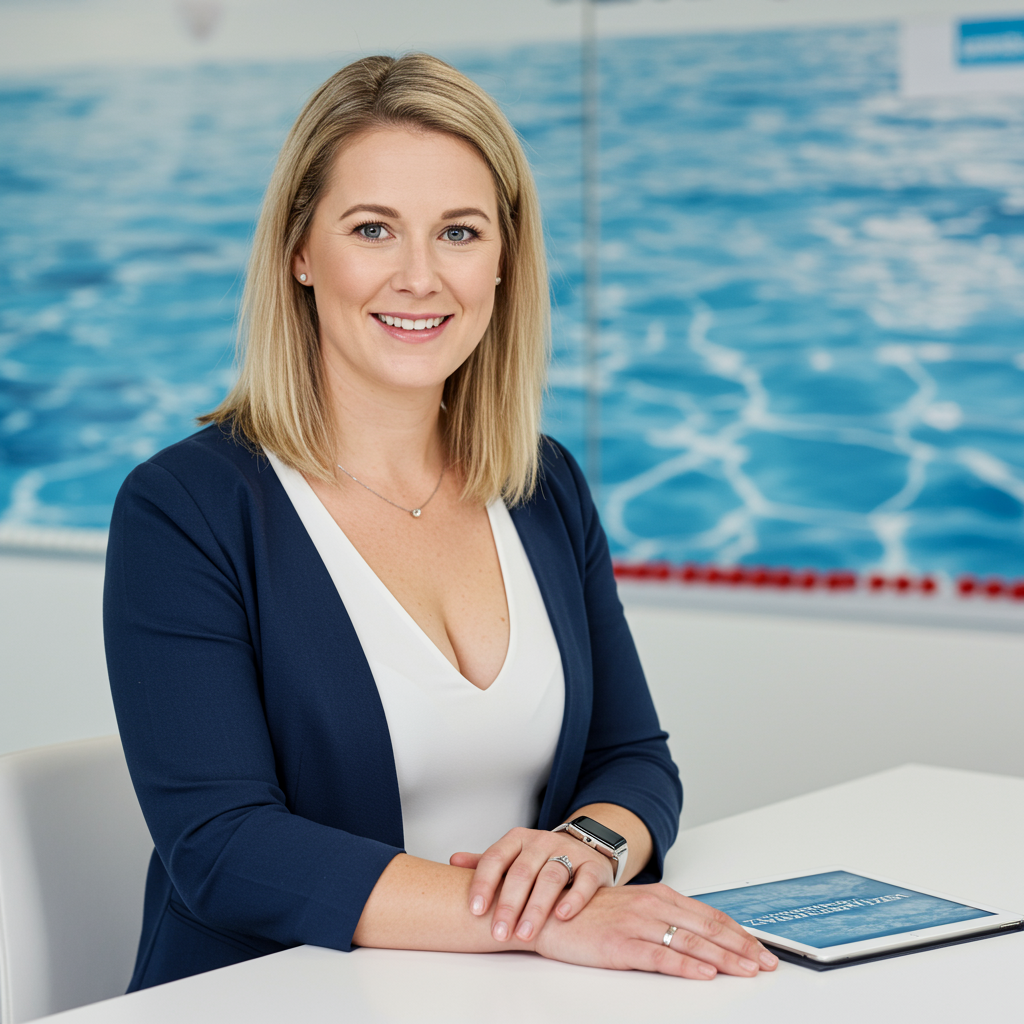It's a familiar scenario: your child, who was once so enthusiastic about swimming lessons, suddenly doesn't want anything to do with it anymore. Do you recognise that your child no longer wants to splash in the water? Or that swimming lessons have become a weekly struggle? You are not alone! Many parents struggle with this. In this article, you'll discover the most important signs of swimming lesson frustration in your child and, more importantly, how to resolve these frustrations. This way, you ensure that your child continues to swim with pleasure (and safely!). And that's important, because a swimming diploma is an investment in your child's safety. Did you know that a child with only an A diploma often doesn't have enough skills to cope in unexpected situations? ## Signs of Swimming Lesson Frustration: Recognise the Signs in Time Prevention is better than cure. The sooner you recognise the signs of frustration, the sooner you can intervene. Pay attention to the following signs:
-
Change in behaviour: Was your child initially enthusiastic and happy before swimming lessons, and has this now turned into listlessness or irritation?
-
Physical complaints: Stomach ache, headache or nausea just before swimming lessons can be signs of tension or stress .
-
Refusal: Simply refusing to go to swimming lessons, or making excuses to get out of it .
-
Negative comments: Complaining about the swimming teacher, the exercises, or other children .
-
Poor sleep: Poor sleep or nightmares about swimming can indicate underlying anxiety or tension . ### Why is it important to take these signs seriously? Swimming lesson frustration can have various causes, such as fear of water , performance pressure , a negative experience , or simply lack of motivation . By recognising the signs early, you can prevent the frustration from escalating and your child from not wanting to swim at all . Moreover, persistent frustration can lead to stress and fear of failure , which can have a negative impact on your child's development. ## Causes of swimming lesson frustration: what is behind the resistance? To effectively address your child's frustration, it's important to find out the cause. Ask open questions and listen carefully to what your child has to say. Try to find out if there is:
-
Fear: Fear of water , depth, going underwater , or the 'swimming hole' . Read more about overcoming water fear: tips for a positive swimming lesson experience.
-
Negative experiences: A nasty swimming teacher , a painful exercise , or being bullied .
-
Performance pressure: The pressure to get a diploma quickly , or the fear of not being good enough .
-
Lack of motivation: Boring exercises , not connecting with the child's world , or not seeing the point of swimming .
-
Motor problems: Difficulty with the movements , or a preference for symmetrical movement .
-
Fatigue: Swimming lessons are intensive and require a lot of energy . ### The role of the swim school The swim school plays a crucial role in preventing and resolving swimming lesson frustration. A good swim school:
-
Provides a safe and familiar environment .
-
Has qualified and enthusiastic swimming teachers .
-
Gives personal attention to each child .
-
Uses a playful and stimulating teaching method .
-
Communicates openly and honestly with parents . ## 5 tips to resolve swimming lesson frustration Once you have identified the cause of the frustration, you can get started with the following tips:
- Talk to your child: Take the time to listen to your child's concerns and fears . Acknowledge the feelings and don't belittle them .
- Consult the swimming teacher: Discuss the situation with the swimming teacher and look for a solution together . Perhaps the swimming teacher can adjust the approach, or give your child extra guidance .
- Make swimming fun: Go swimming recreationally together and do fun games in the water . This teaches your child that swimming is not just 'having to', but can also be enjoyable . You can also practice at home .
- Set realistic expectations: Focus on fun and progress, not on getting a diploma quickly . Every child learns at their own pace .
- Consider alternatives: If the frustration persists, consider another swim school , another teaching method, or private lessons . Sometimes a different approach can work wonders. You can compare swimming lesson providers in your city to find a swim school that better suits your child's needs. ## The importance of swimming safety: stay alert, even after the A diploma Unfortunately, many parents think their child is swim safe after obtaining the A diploma . However, the A diploma is only a basis . Research shows that children with only an A diploma often don't have enough skills to cope in unexpected situations . Therefore, it is important to continue swimming lessons to at least the B diploma, and ideally the C diploma . Even after obtaining the diplomas, stay alert and go swimming recreationally with your child regularly to maintain swimming skills. Check out the knowledge base for parents for more swimming safety tips. ## Conclusion: Swimming lessons should be fun! Swimming lessons should be a positive experience for your child. By recognising the signs of frustration, addressing the cause and offering the right solutions, you can ensure that your child continues to swim with pleasure (and safely!). Invest in your child's swimming safety and give them the chance to enjoy water for a lifetime. And remember: a smile is the best swimming diploma! ### Find the perfect swimming lesson for your child Don't wait any longer and find the ideal swimming lesson provider near you. Compare swimming lesson providers in your city and take the first step towards a safe and enjoyable swimming lesson experience for your child! For example, you can look at swimming lessons in Amsterdam, swimming lessons in Rotterdam or swimming lessons in Utrecht.
